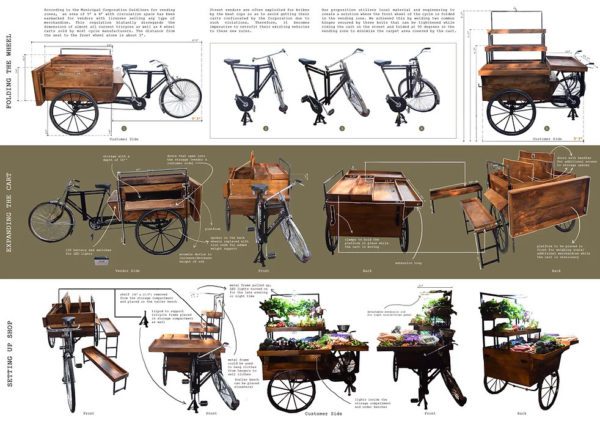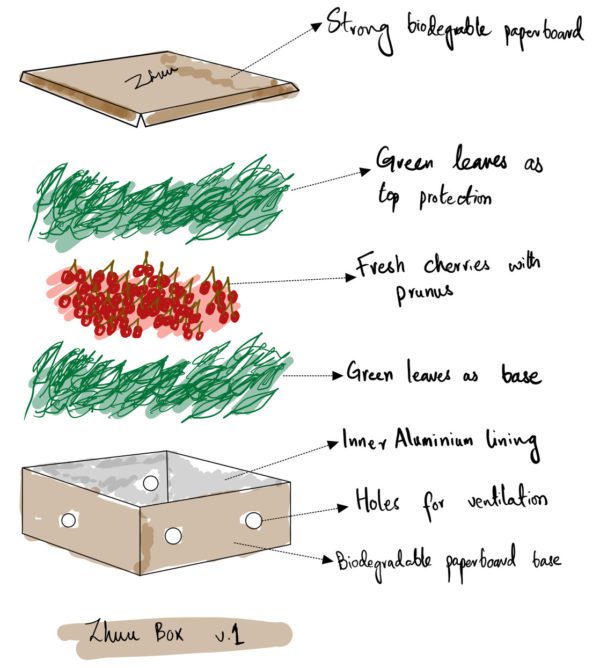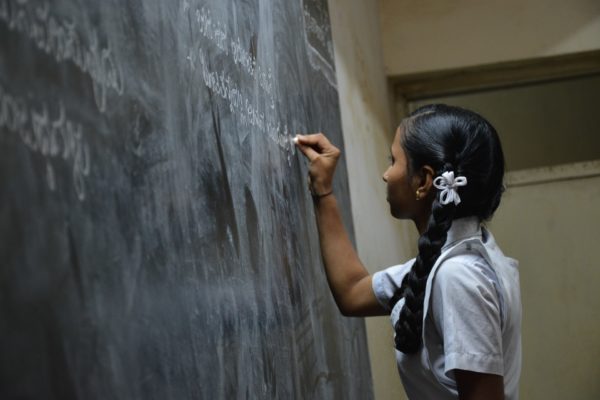Through the Seed for Change (SFC) Program, the Mittal Institute fosters and supports the development of a healthy, vibrant ecosystem for innovation and entrepreneurship in both India and Pakistan. Each year, the Mittal Institute holds this competition to identify and reward interdisciplinary student projects that positively impact social, economic, and environmental issues in India and Pakistan.
To bring new, substantive ventures and ideas to the region, the program prioritizes projects that are in the early stages of development, rather than start-ups that have already received financial support. Through this program, numerous entrepreneurial ventures have sprouted in Pakistan and India and continue to positively impact the lives of those who reside there.
2022 SEED FOR CHANGE WINNERS
INDIA
Electric carts for street vendors
Gauri Nagpal, Graduate School of Design, Class of 2023
e-Rehri is working towards providing affordable, electric and modular carts for street vendors in Indian cities, making the daily delivery of fresh produce efficient for both the vendors and consumers alike. Electric vehicle technology is retrofitted to traditional Indian street carts, creating an incremental and affordable transition to green energy. Using this method, any existing cart can be transformed into an electric vehicle while retaining its ability to function as a mechanical tricycle cart.

PAKISTAN
Agricultural-tech startup
Nosher Ali Khan. Harvard College, Class of 2024
Zhuu Fruits is an agricultural-tech startup that facilitates logistics, branding, packaging and online retail to ensure farm-to-table service for fruits in Gilgit-Baltistan, Pakistan. Zhuu Fruits will be working with local farmers to ensure that their produce is compensated fairly, customers get the highest quality fresh fruit and there is minimal post-harvest loss.

INDIA
Capacity building and research lab for school principals, by principals
Jonathan Frank Mendonca, Graduate School of Education, Class of 2022
Rehnuma works with motivated school principals to find simple ways that improve the quality of education in under-resourced schools by using limited resources effectively and leveraging their community. Rehnuma documents these sustainable best practices into short courses and partners with large-scale NGOs, such as Teach for India, to coach and support principals from similar contexts as they implement these practices.

Read more about the Seed for Change competition.
